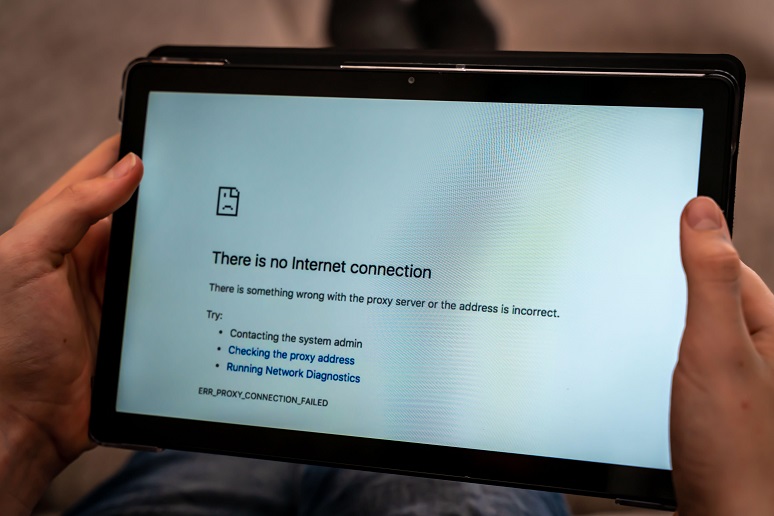I had such big plans for my Tuesday afternoon -- blaze through my inbox, file some invoices, set up some future coverage for the 11 upcoming tech shows that will all have news relevant to WorkSpace Connect, and write this newsletter. Then, thanks to the extreme heat currently smothering my state, I lost my electricity and Internet connectivity.
Tethering my computer to my phone and blowing through my data plan wasn't a workable option. I reviewed my to-do list, confirmed I had to be online to do most of it, then sweltered and thought about how this was a downside of working from home that both the workforce and workplace leaders should be proactively addressing.
At the last pre-pandemic trade show I attended in person, I spent an enjoyable and informative hour talking to the director of operations for a digital security company, and he walked me through all the scenarios he prepared for, from blizzards to power outages to complete company shutdowns. This is a huge benefit of office culture -- there will be facilities and operations professionals who have the expertise to handle these situations and who are responsible for maintaining workplace conditions.
When the white-collar workforce dispersed and went hybrid, the need for that expertise didn't disappear. It diffused through the distributed workforce. The problem is, not everyone who's on a hybrid schedule knows what to do when it's their personal facility that's experiencing the emergency scenario.
This is a real opportunity for workplace leadership at all levels. I'm now motivated to talk with my team about what to do if they're the ones losing power or Internet access. And for folks higher up the leadership chain, it's a good idea to put together policies for how remote workers handle the kinds of disruptions that used to be facilities teams' problems to solve. These policies could include things like:
- The process for documenting and approving the working conditions that remote and hybrid workers consider as normal for everything from Internet speed to tech set-up.
- What support the facilities and IT teams can offer to hybrid and remote workers.
- What responsibility an affected worker has to inform their team of any disruptions in service and what's causing them.
- What alternatives a worker has if their primary non-office set-up is not working.
- How and whether the affected worker can make up the work missed.
- How often disruptions can happen before management re-evaluates the viability of a remote or hybrid work arrangement.
As we keep learning, the new workplace requires mindfully applying expertise in new combinations and contexts.
This article first appeared in the WorkSpace Connect newsletter, a weekly newsletter dedicated to discussing topics and insights related to today's evolving workplace. To sign up for the newsletter, please click this link to register today!




